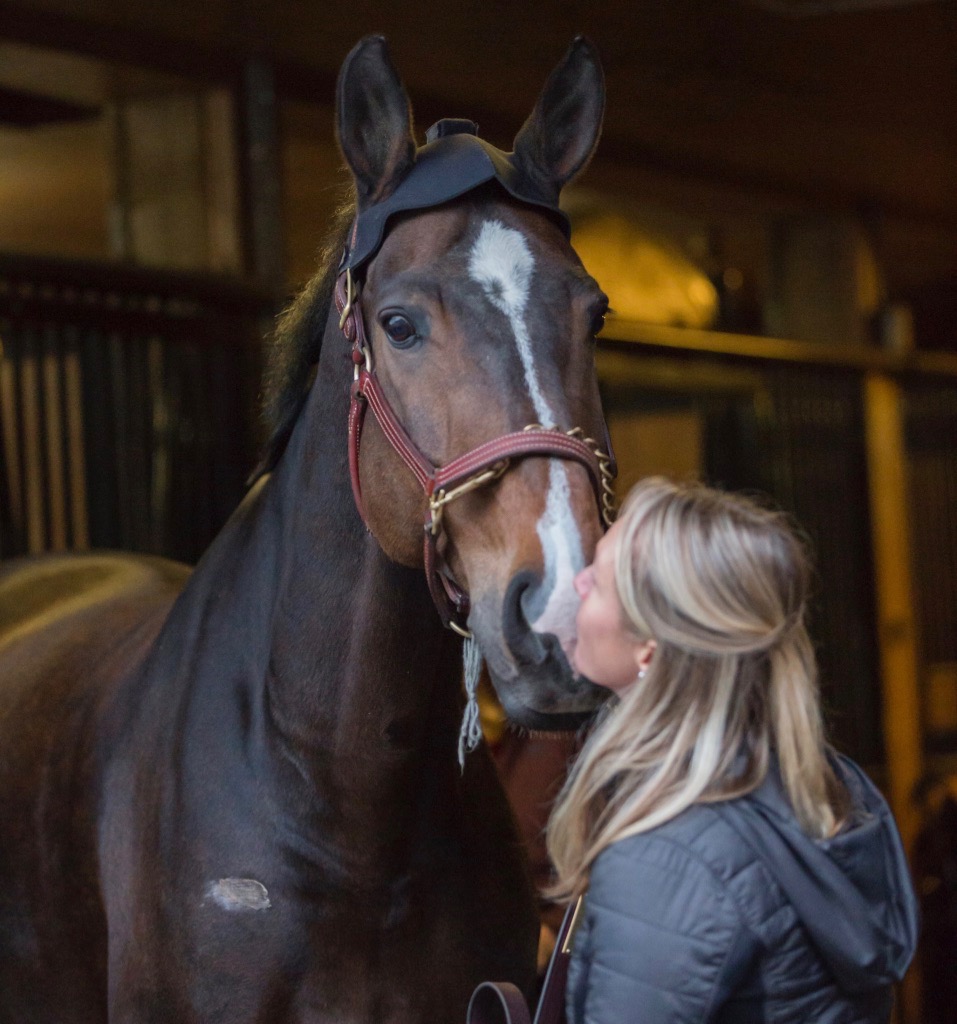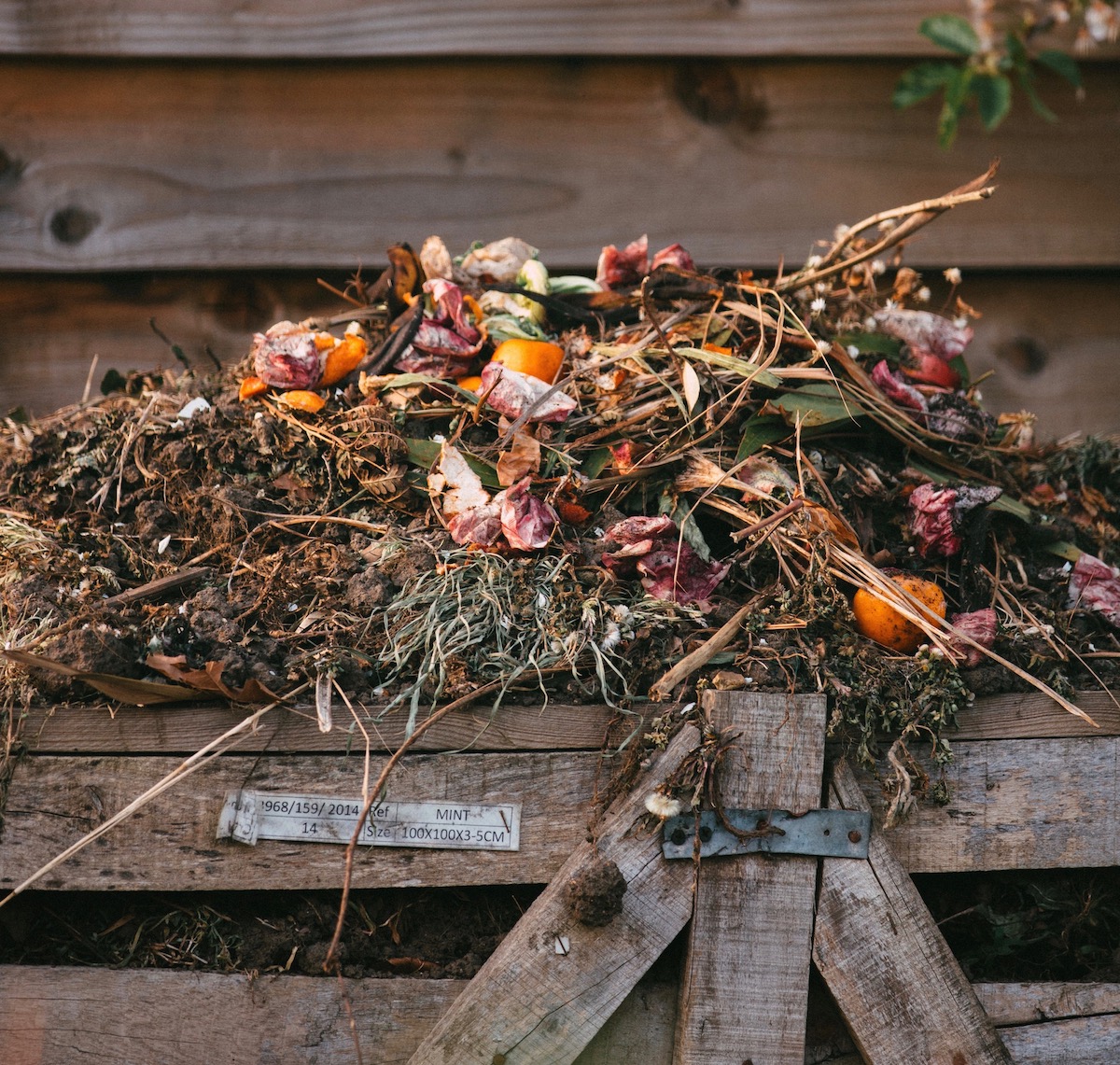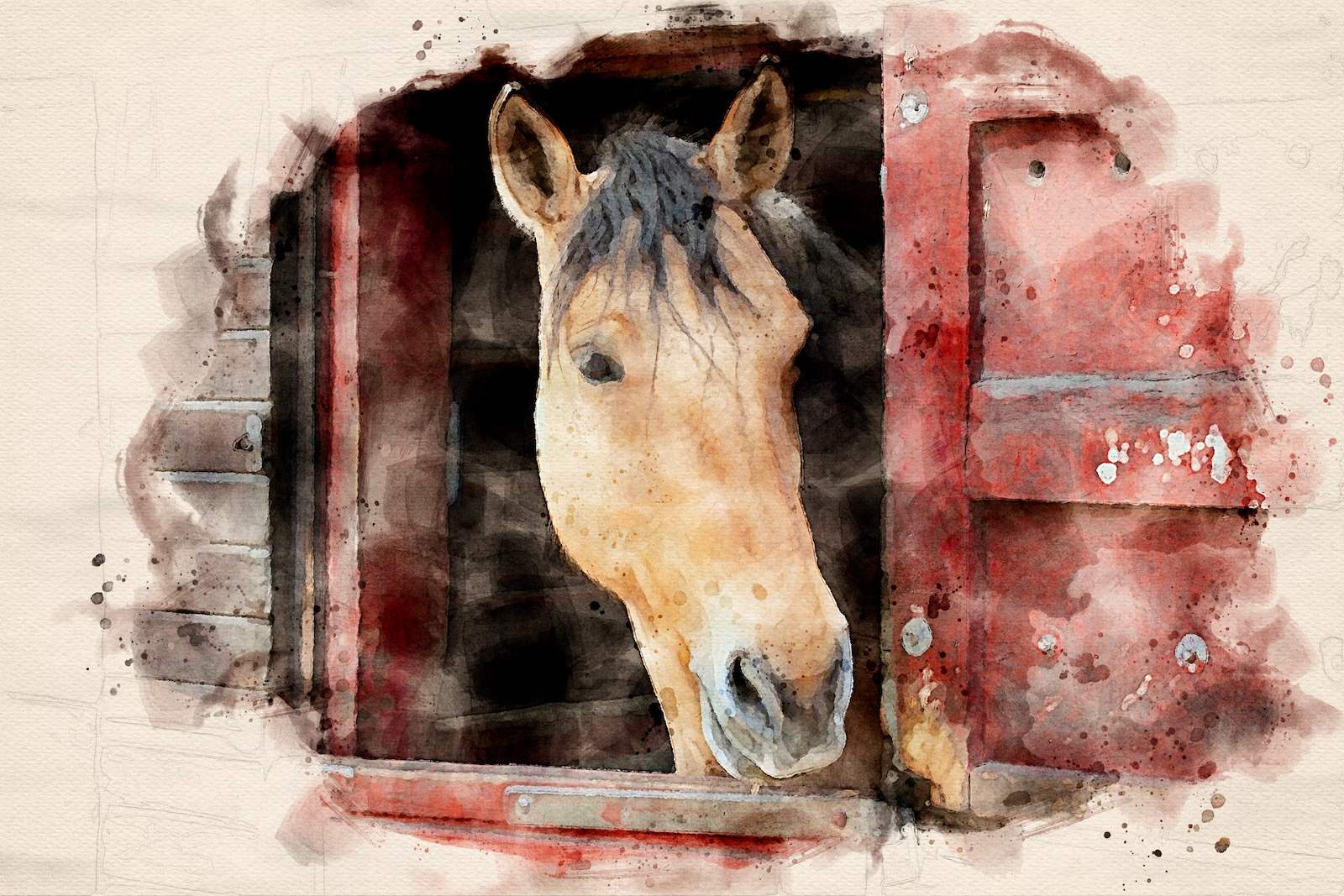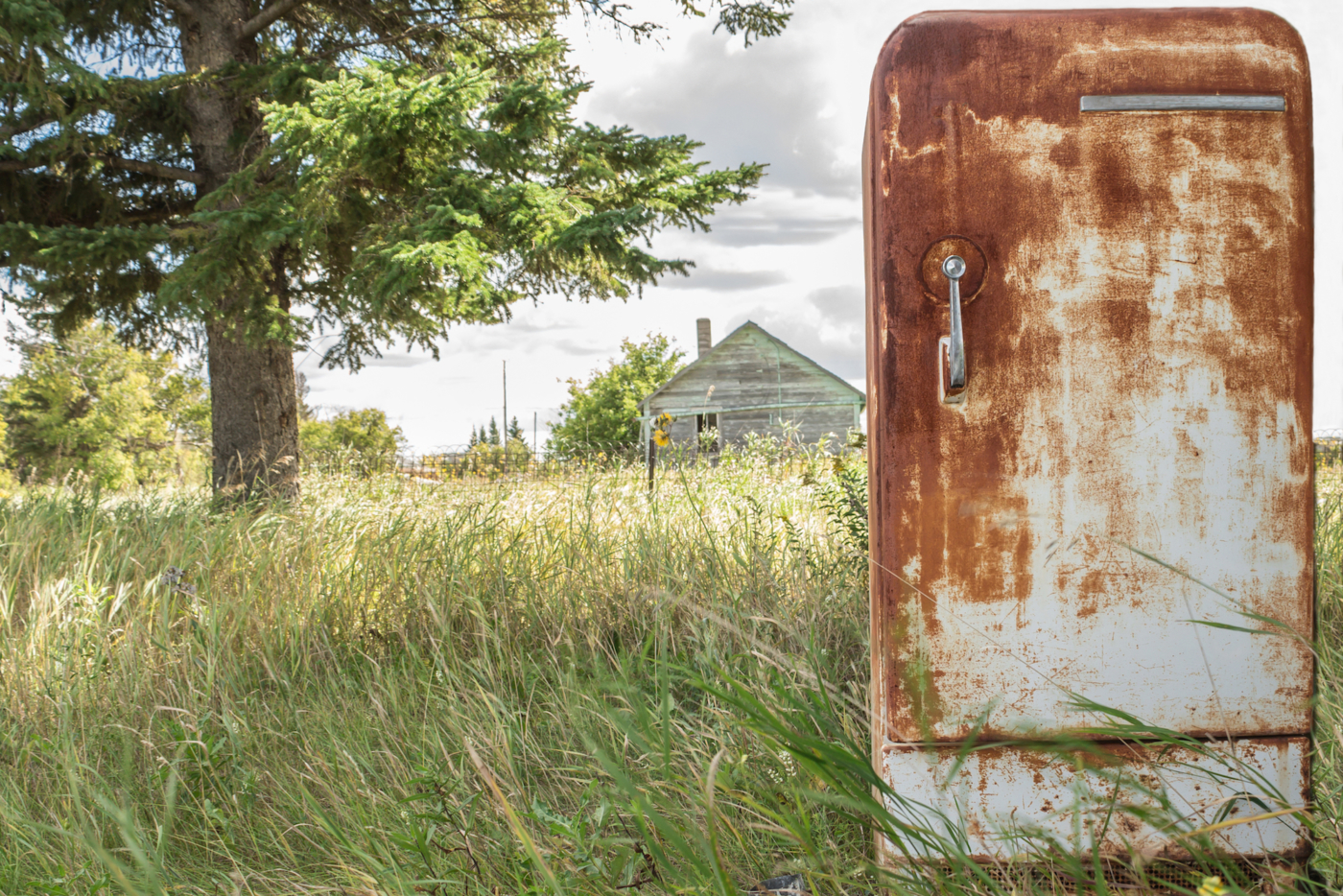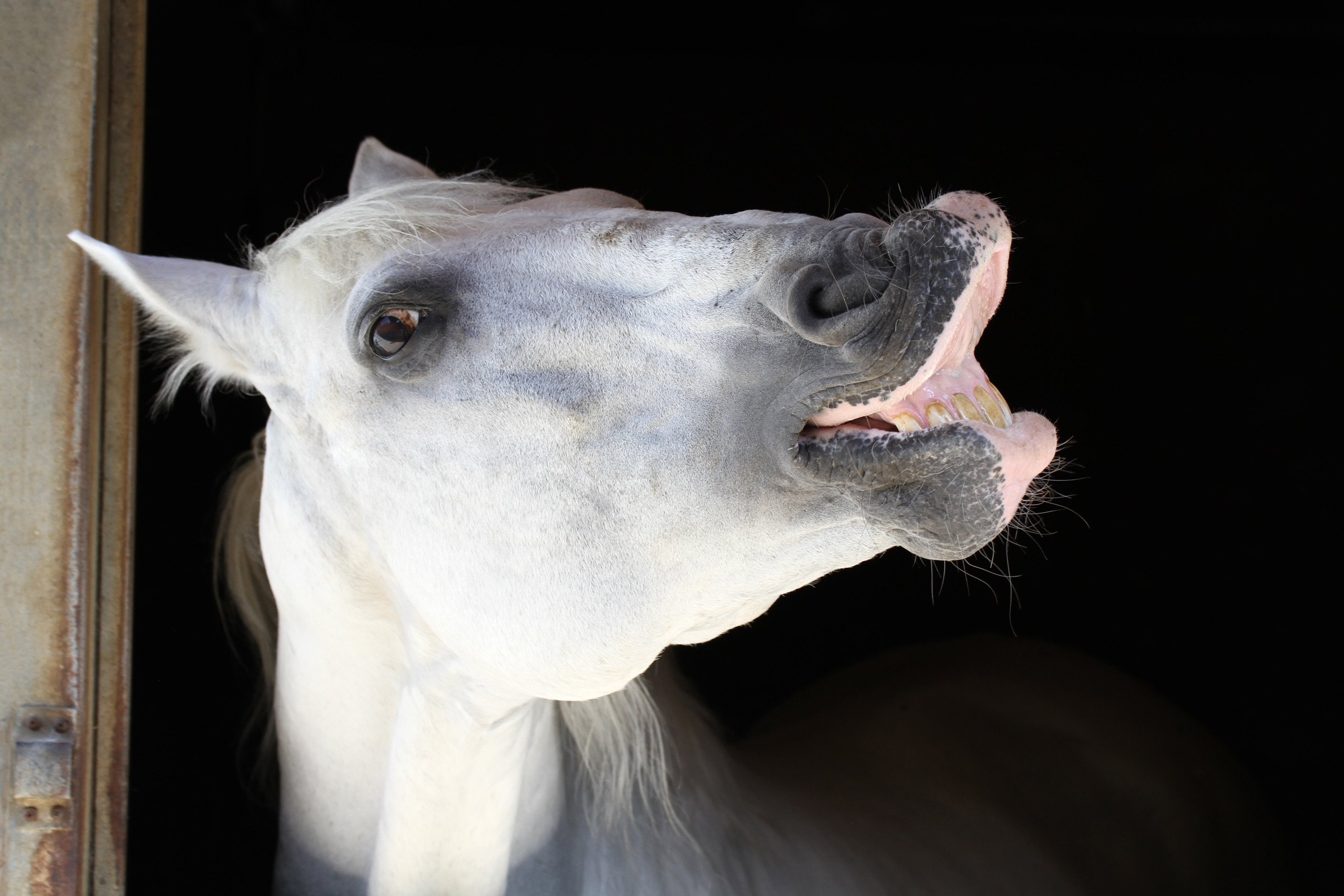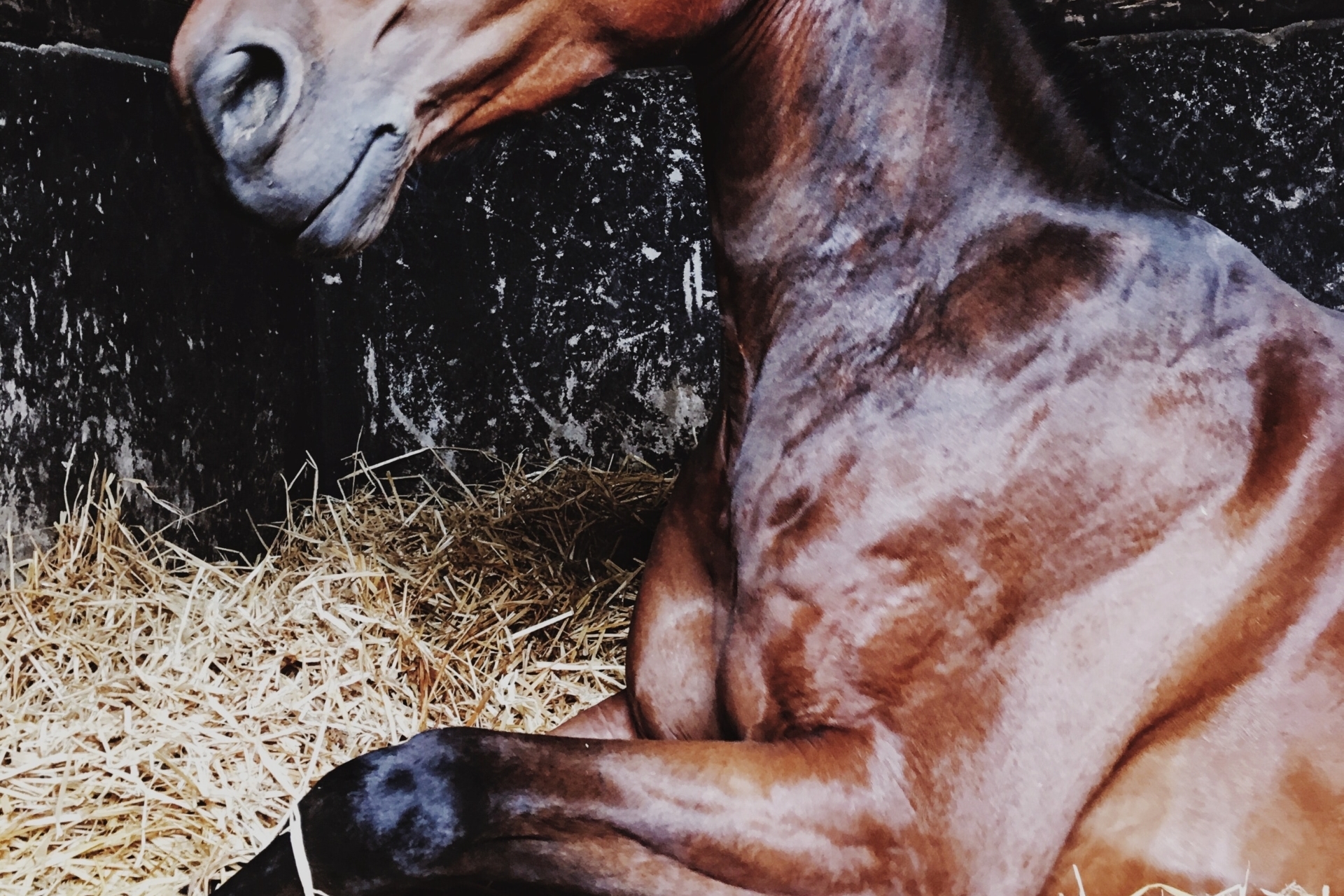It’s feeding time on a sunny Thursday afternoon at OR HQ. Immediately upon walking into the barn, something seems amiss (hint: blood spatter). It doesn’t take long to solve the mystery, and it’s instantly apparent that the laceration to one gelding’s knee is going to require many, many stitches.
A quick phone call takes place.* Shortly thereafter, Ella Littlefield, an equine veterinary technician at Grand Prix Equine, enters the barn. She’s carrying a folding table, surgical equipment, and a tote full of tinctures, gauze, and bandages. She deftly sets up a sterile work station for Dr. Johanna Kremberg, and the two of them get to work repairing the damage.
Like most horse owners, at OR we rely on our veterinarians a great deal, and we have an immense appreciation for them. However, we’ve experienced first-hand how much our vets depend on their trusty right-hand-[wo]men to assist them in a multitude of ways. This week, in an effort to give a little shout out to all those hard working, skilled, knowledgeable, tireless veterinary technicians out there, we dive a bit deeper into the background and daily life of Ms. Littlefield.
*Vets prefer emergency calls rather than texts! Read more about that, and other “vet peeves” if you missed last week’s OR, Horse Care Pros Share Farm-Call Woes.

Briefly describe what your typical day entails.
As an Equine Veterinary Technician at an ambulatory only practice, a typical day consists of traveling from farm to farm, providing the best care possible to our patients while supporting the doctor.
My day starts at Dr. Kremberg’s house, where we prepare the truck with the necessary equipment and medications we will use throughout our day. Our truck is our home base; it stores everything needed for anything that might come up throughout the day, from emergencies to routine care to sports medicine injections. On the way to our first call, Dr. Kremberg drives while I reach out to clients, and file and record lab results or billing. From that point on, I will drive from call to call while Dr. Kremberg creates the medical records and invoices. Once we arrive at our first appointment I set-up the equipment needed, discuss the appointment details with the trainer or client, and then Dr. Kremberg begins her exam. I will record notes and findings on patients as Dr. Kremberg examines patients. My number one priority is to keep Dr. Kremberg, myself, the patient, and client/trainer safe at all times. I will jog, flex, hold, restrain patients as needed. Depending upon the appointment, I draw the lab sample and process that, or take radiographs, Shockwave patients, perform a lameness locator trial, bandage a limb, guide the gastroscope, and the list goes on. My job is to support the doctor during all procedures and document the findings, diagnostics performed, and supplies used. That is the technical part of the job.
On the other hand, my typical day includes a lot of client communication. I am the first person most people see at an appointment, as well as the last. I am there to support the client and help them understand the procedures, answer any questions, and refer to the doctor when necessary.
Each day consists of two to four farm calls, depending upon the types of appointments. Our practice area is large so there are many hours spent in the truck during the day, but we love our truck and XM Radio! As our day wraps up, I contact clients about the appointments for the following day, providing an estimated time of arrival, describe potential procedures/diagnostics, and answer any questions they might have. I will then schedule appointments or rechecks, complete the sending or archiving of imaging that needs to be sent or archived, restock the truck, and send lab samples out for processing. An average day is eight to ten hours long and we see anywhere between five to thirty horses, depending upon the type of appointment. I work five days a week, but because Grand Prix Equine is ambulatory and doesn’t have a clinic, I am not on-call for hospitalized patients or weekend appointments (AMAZING!). At times, work/life balance with horses can be challenging as we all know, but we strive to maintain a healthy balance at Grand Prix Equine so we can always provide the best care for our patients.
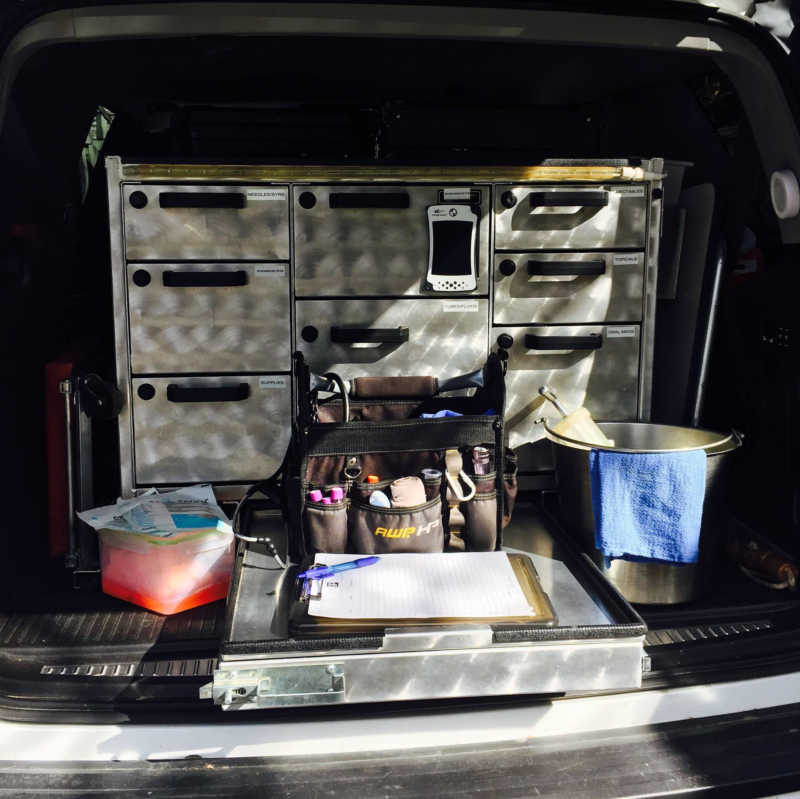 Prior to becoming a vet tech, what was your educational or professional background, as well as your experience with horses?
Prior to becoming a vet tech, what was your educational or professional background, as well as your experience with horses?
I have been a little horse crazy ever since I took my first riding lesson at the age of seven. Since then, horses have been a constant in my life. With that being said, I went to school for Equine Science and Management at Morrisville State College. The curriculum there covered everything from equine anatomy and physiology to foal watch. It was a fantastic program that opened many doors, and guided me down the career path as an equine vet tech. One great part about Morrisville is the required internships that allow students to work for other professionals and gain vital, real-world experience. I was fortunate enough to work with many professionals in the Quarter Horse/Western Performance industry. During that process I met some incredible vets, and they introduced me to the vital roll a technician plays in patient care. I began my career as a tech at Fairfield Equine with Dr. Cricket Russillo in 2012. Working for Dr. Russillo and Fairfield Equine was an incredible experience that taught me so much of what I know and use daily. While there, I was predominantly an ambulatory technician that would travel to farms, shows, and Florida for the season. While we were up north, I was part of an on-call rotation for surgery and the hospital. That gave me such a well-rounded base, and instilled my passion for sports medicine in an ambulatory practice like the one I am currently at. I joined Grand Prix Equine in the Spring of 2016 working for Dr. Johanna Kremberg and haven’t looked back since!
What made you decide to become a vet tech?
I was looking for a career change from riding horses to something that involved horses, but wasn’t in the saddle. I wanted to be able to utilize my education in addition to my experience. Growing up I was always an animal lover and shadowed my pets’ small animal vet as well as large/mixed-practice vet through high school, so the interest in veterinary medicine was always there. The sports medicine vet in Michigan where I was riding horses at the time suggested I consider becoming a technician. I was able to get first-hand experience and try out the job before changing careers. After spending a short amount of time with her I knew that this was for me!
What is your favorite part of the job?
Being able to care for such special animals! Horses are my passion, and I don’t know where I would be in life if I didn’t have them. I feel so fortunate to be able to work with such amazing vets and horses. It is incredibly rewarding to help our patients recover from an injury or illness. Our clients at Grand Prix Equine are so kind and appreciative of all our efforts with their horses, they are another favorite part of my job.
What is your least favorite part of the job?
Euthanasias. Without a doubt, they are the absolute hardest part. It’s never easy, always heartbreaking, and each one stays with you.
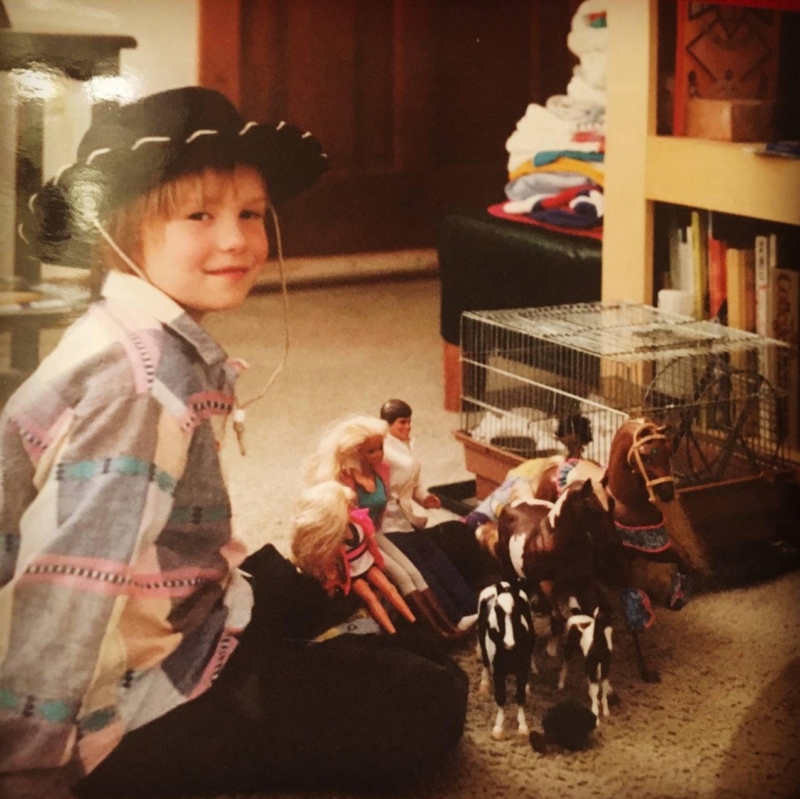 What do you wish every owner/client would do to make your job easier?
What do you wish every owner/client would do to make your job easier?
It sounds like Pony Club 101, but if the patient could be in their stall and clean (a bath!), it would make our exam or procedure much easier.
What is your advice for anyone considering becoming an equine vet tech?
Try it! Ride along with a vet tech, ask questions, and consider your long-term goals. It’s a very rewarding profession and every day is different. There are many different types of jobs with the umbrella of being an Equine Vet Tech. The American Association of Equine Veterinary Technicians and Assistants is a great resource for vets for support and education for those who are new or interested in the profession.
Any routines or methods that you’ve adopted to help you get through the day?
I am a big list maker, there is something so satisfying to me about crossing something off a sheet of paper throughout the day. As the day goes on, I make a list of things I need to restock, tasks that need to be completed or people I need to reach out to. Lists are a staple of my method of organization.
Do you have animals of your own?
I have a 2.5 year old Jack Russell Terrier, Annie, and a 13 year old OTTB, Johnny. A friend of mine told me a few years ago, “You know you really need a dog and a horse.” So, I took that advice and got both in the last few years. She jokes with me that, “When I suggested a dog, I didn’t mean a JRT, or a TB when I said a horse!” Lots of energy to go around with my crew, but I truly love them.
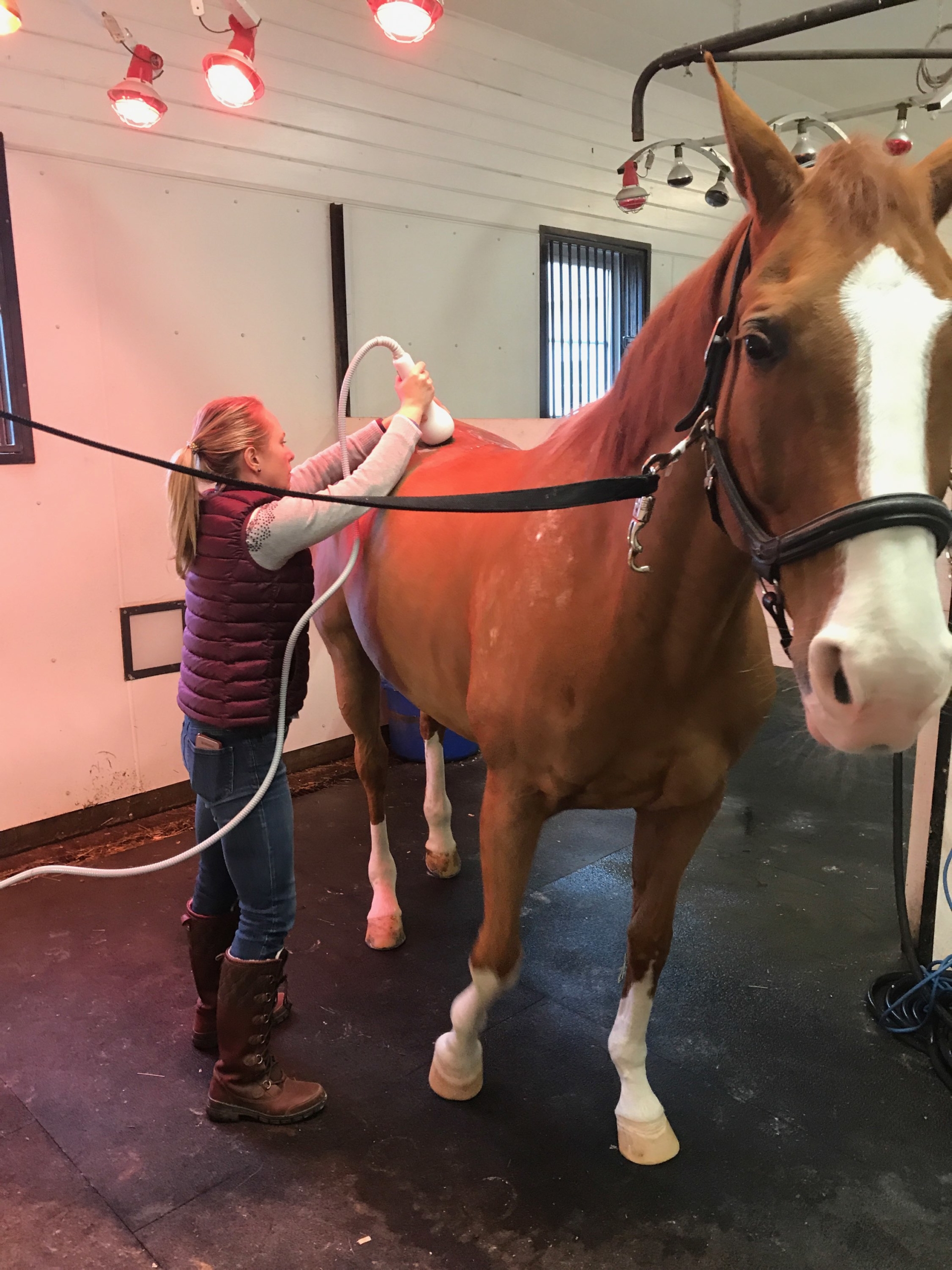 What is your favorite/most used equine-related gadget?
What is your favorite/most used equine-related gadget?
Our SAA (Serum Amyloid A) reader is used multiple times a week and can be so beneficial to the patient. SAA is a protein that indicates early on if a horse has an infection. It is a simple stall-side test that requires a few drops of blood and nine anxiety-ridden minutes as it works, and then it provides an instant result that can help the doctor decide if a horse requires antibiotics, and what kind. As a technician, I am responsible for drawing the blood and running the test as the doctor completes a thorough physical exam.
What are the three most used apps on your phone?
Straight off my iPhone battery usage:
Messages – The most common way I stay connected with clients.
Photos – For documenting cases and Coggins photos.
Mail – Email is the second most common way I communicate with clients.
Non-iPhone Apps:
ScriptConnect – Our online pharmacy platform that allows instant approval or creation of new prescriptions.
ANTECH – Our most frequently used labs app with results and sample submission information.
DocuSign – An electronic signing platform that allows easy completion of our most commonly used forms like Client Agreement Forms.
When you’re not working, how do you pass the time?
I seriously can’t stay away from horses! If I’m not working you will find me at the barn (surprise, surprise!) with my horse, Johnny. We are currently aiming for our first low-level event this summer. He has been a project but is really coming along nicely. Wish us luck!


